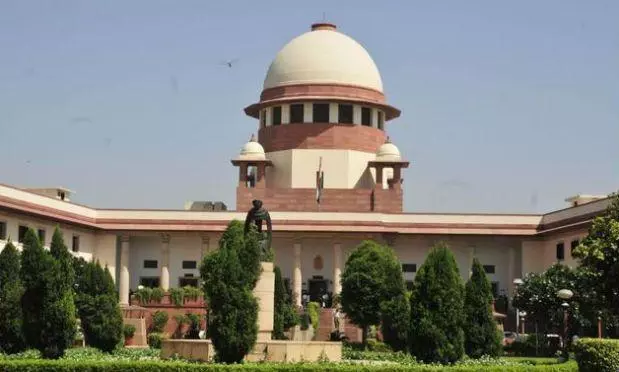SC to Dwell Deep Into Issue of VIP Culture and Paid Darshans in Temples

Hyderabad: The Supreme Court has decided to hear a petition challenging the rising practice of ‘VIP darshan’ and ‘paid darshan’ in temples across India.
A division bench, comprising Justice Sanjiv Khanna and Justice P.V. Sanjay Kumar, on Friday directed the registry to list the petition in the second week of December and observed that the bench feels that the issue must be examined deeply.
The petition was filed by Vijay Kishor Goswami, who said that ‘Very Important Person’ (VIP) was not defined in law as a term. The practice of VIP darshan can be seen in every temple, despite the inconvenience it causes to other devotees. It smacks of discrimination, the petitioner contended. Further, he also raised objections to the system of paid queues and paid darshans.
Usually, those who can afford to pay exorbitant amounts get to sail through while those unable to pay suffered long hours of deprivation to exercise their right to worship, was the petitioner’s anguish at the practices prevalent in temples.
Counsels Sarthak Ghonkrokta and Akash Vashishtha, representing the petitioner, argued that these practices are arbitrary and solely based on how deep a person’s pocket. This is a violation of the fundamental rights to equality, dignity and right to freely practice religion.
They argued that without providing any special category, all devotees should be treated equally and provided a fair and equal opportunity to pray and get darshan in all temples, religious structures and public places of sanctity.
The Union government, through the ministries of culture and tourism and various states, including Andhra Pradesh, Tamil Nadu, Karnataka, Maharashtra, Madhya Pradesh, Gujarat, Uttar Pradesh, Uttarakhand, Haryana, Assam and Jharkhand are arraigned as respondents in the petition.
The plea has also sought constitution of a national-level board with a “multi-tier structural and functional framework for redressal of complaints, grievances, issues and concerns of citizens related to the functioning and practices of temples and/or other religious structures or public places of sanctity, across the country”.
It has also sought framing of standard operating procedures (SOP) to regulate and manage the entry of devotees and visitors in temples, religious structures or public places of sanctity.
The bench heard the arguments for a while and adjourned the matter to the week commencing on December 9 and observed that the issue must be examined thoroughly.

